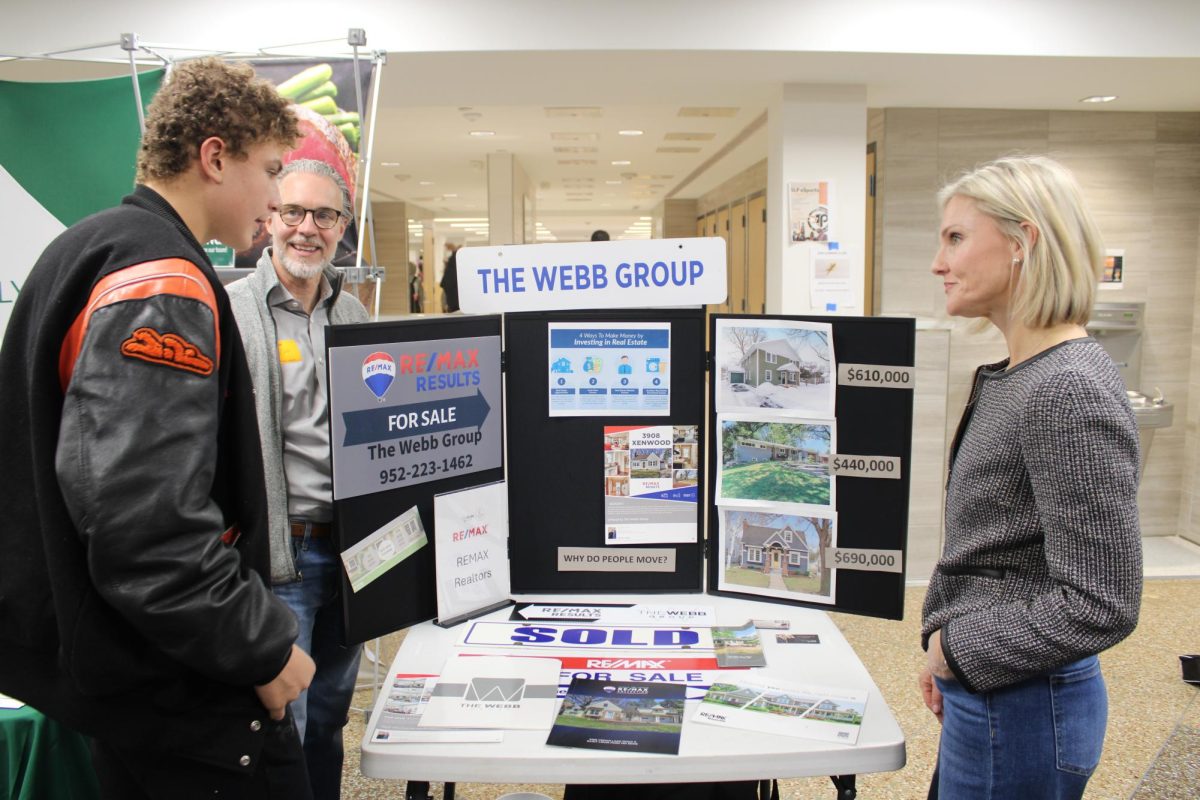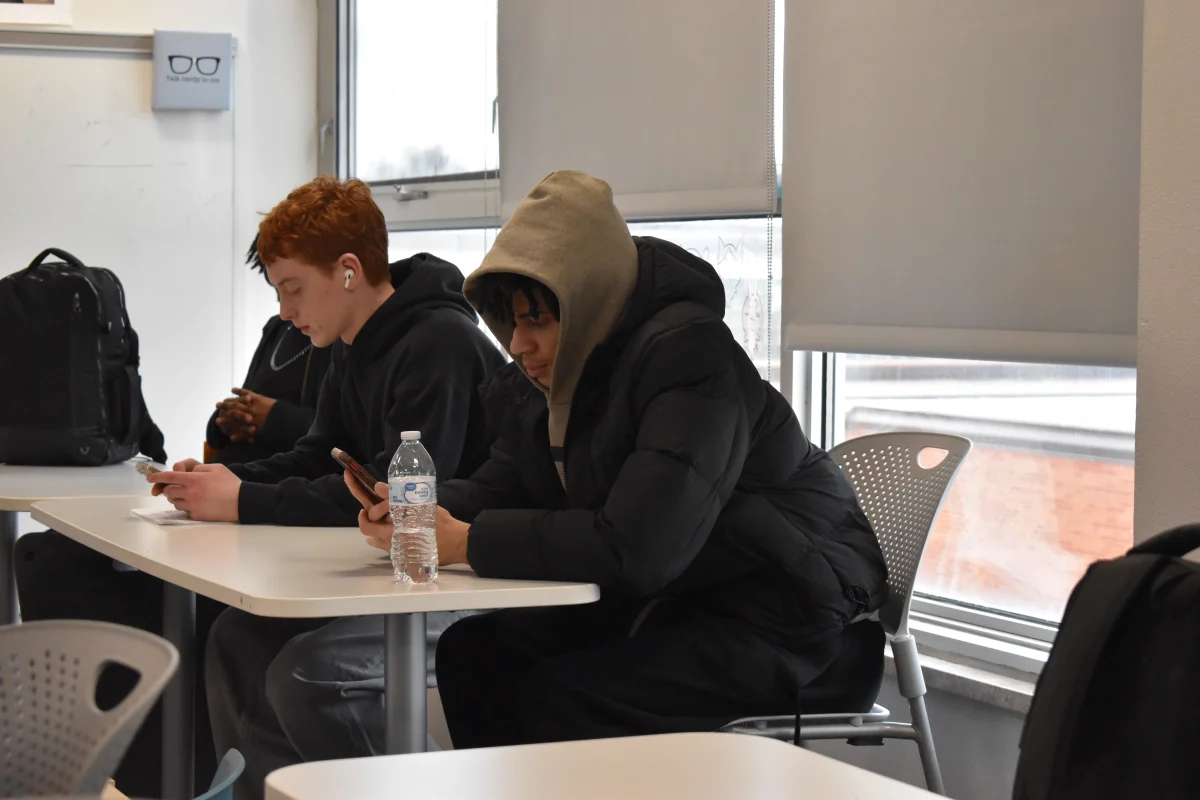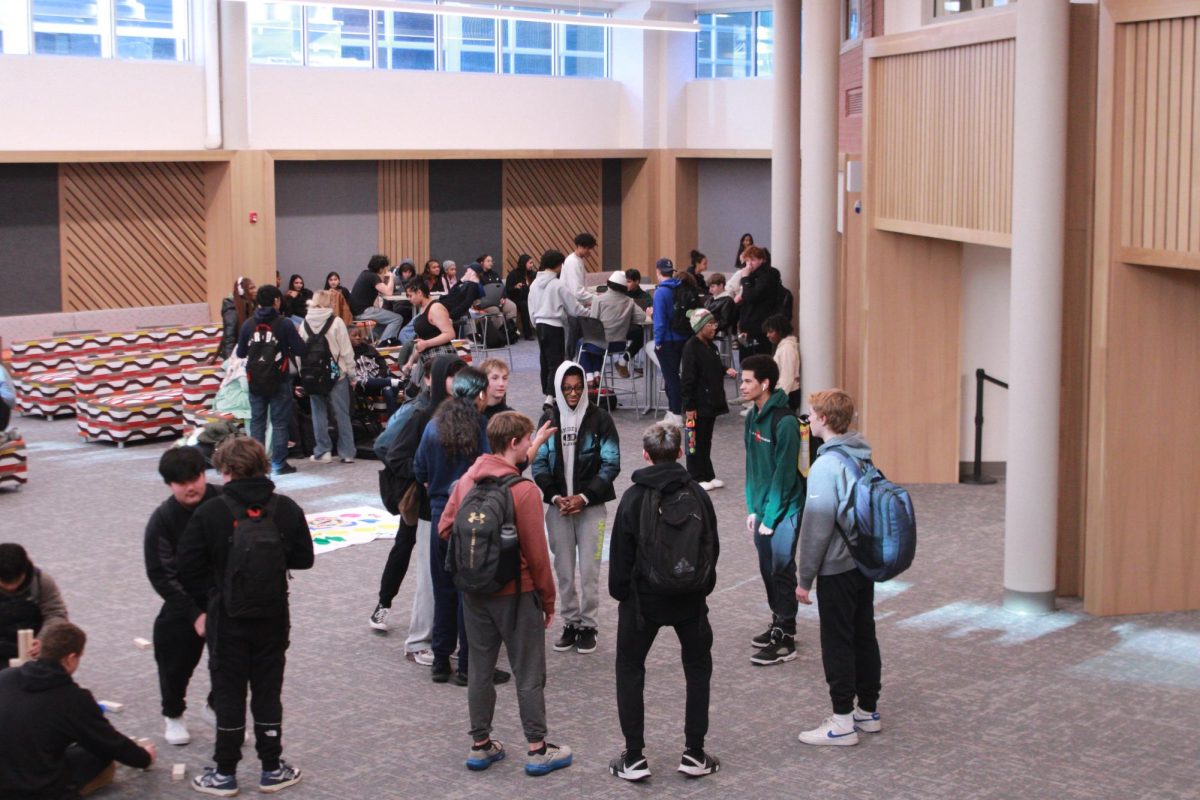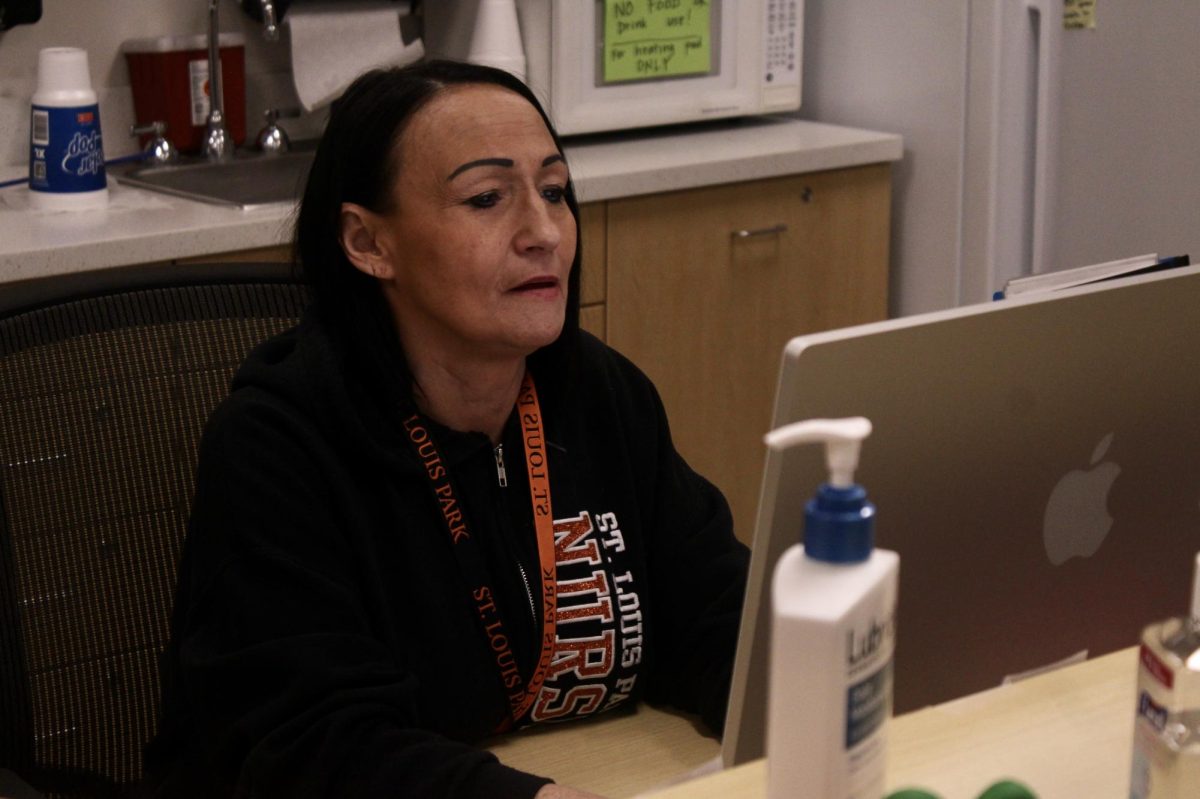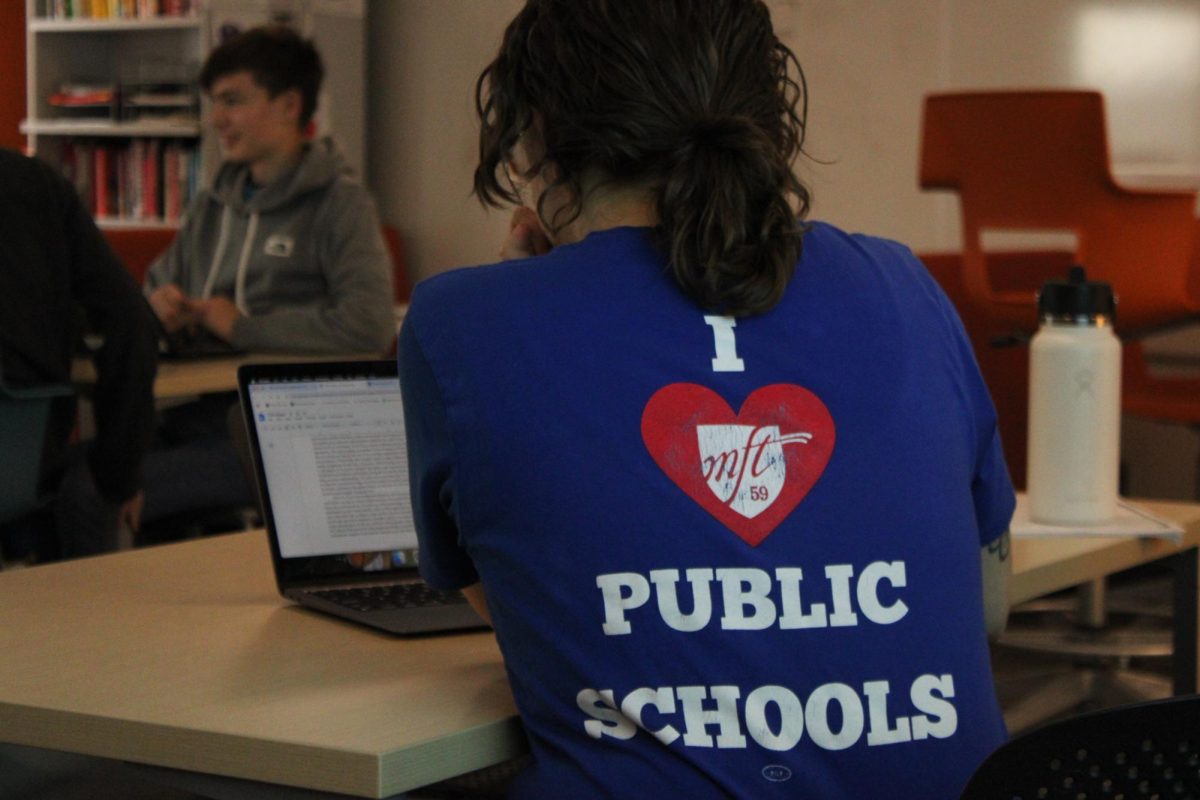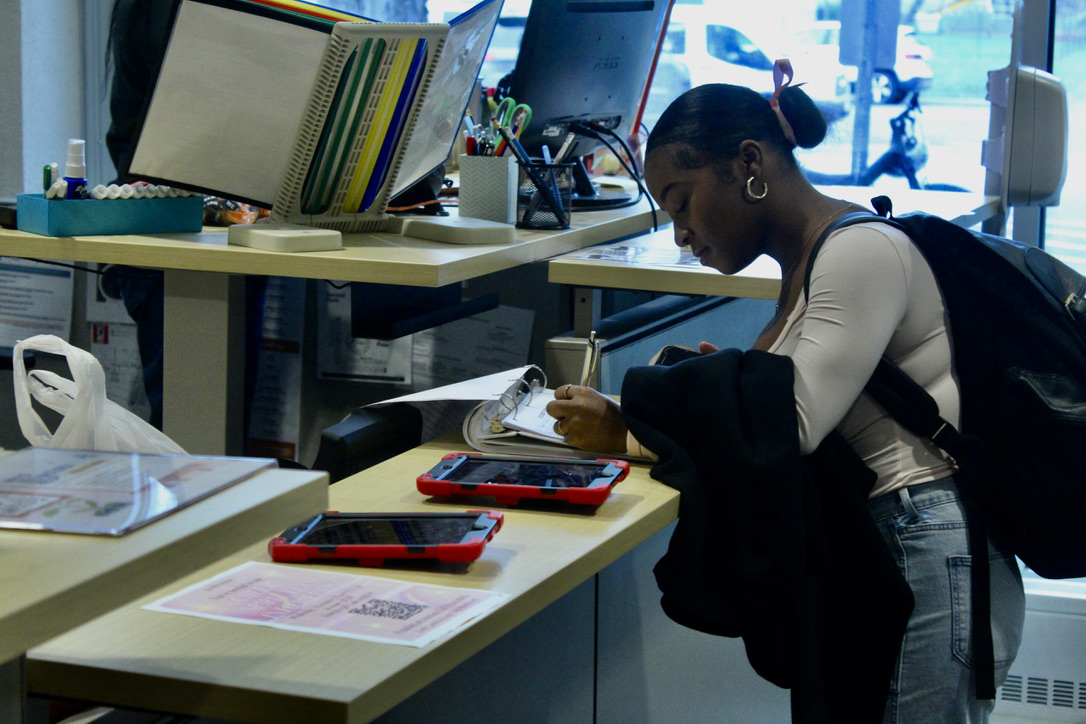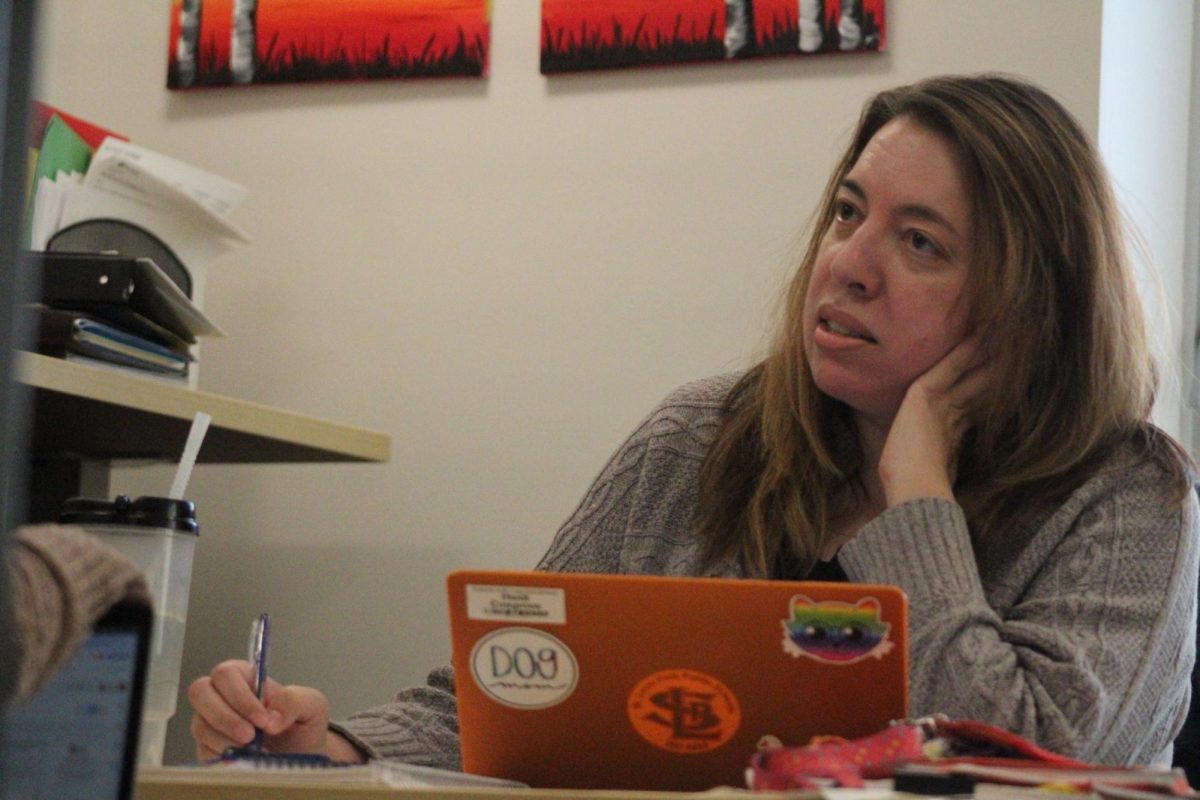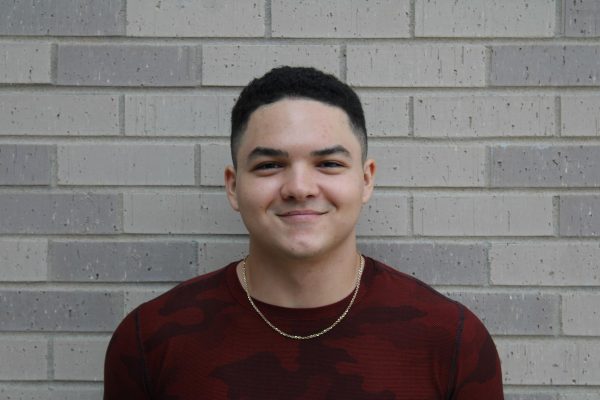For most young people in America, high school is the final stage before they seek independence. As students at Park navigate these formative years, students wonder if the lessons learned within the school walls truly equip them for the challenges and opportunities that lie ahead.
Senior Jordan Greene said the selection of electives motivates students to pursue their future interests, although some required classes may discourage them.
“Since we’re able to select our electives, it’s helpful, but we also have to take core classes that some of us might not like, like math or science,” Greene said. “I know some kids in the school that struggle with that, and that’s what makes them not want to go to school, go to the class or to try.”
Student teacher in the math department and master’s student at the University of Minnesota Twin Cities Noah Fakhreddine said he sees high school as a great way to develop standard skills for life after high school.
“High school is a great way to build a lot of those life soft skills,” Fakhreddine said. learning how to collaborate with peers, learning good tendencies for studying, and resilience for when you get a bad grade, I’d say it’s probably the number one thing that it helps with.”
Sophomore Maurice Bolin said high school is lacking in teaching students real-life skills that could be beneficial after graduation.
“(High school) doesn’t help me, they don’t teach me how to file my taxes, how to apply for a job. They could do more to help us prepare (for life after high school),” Bolin said. “I don’t feel like we’re self-prepared at all for life.”
Greene said some classes have positive implications beyond school, and more classes like them should be offered.
“There’s classes like personal finance (and) adulting and wellness, those two classes help,” said Greene. “When it comes to having a job, school really just helps you learn to keep going and come to do it every day.”
Fakhreddine said that he has noticed the diversity of clubs and organizations at Park that are able to help students and provide resources.
“It’s really cool to see how many clubs and organizations there are here that are set up to support the students,” said Fakhreddine. “I also think that there’s great staff here that is willing to provide the resources when necessary.”
Bolin said one of the most impactful resources a school provides to its students is its teachers. According to Bolin, the lessons they teach and the help they can provide with navigating life outside of high school are impactful.
“(Teachers) have more of an impact than the work we actually do in class, they’re actually more helpful, and they’ve actually helped me,” Bolin said. “I’ve talked to a teacher that got me a job when I was in ninth grade at the Rec Center, which is more helpful (than the classes).”
Greene said overall high school has its pros and cons in terms of how it prepares students.
“For some people high school helps, and for some people it doesn’t. I think it did help me somewhat, but there’s things that high school just won’t help out with in real life,” Greene said. “It’s not going to prepare you for everything, but it will prepare you for some of the things that you might face in life.”
Fakhreddine said that one thing high schoolers should do to prepare for life after high school is be willing to have open conversations with older peers.
“Don’t be afraid to talk to parents, advisors, and counselors, it might be awkward at first but it’s a great step talking to people that have experienced things before,” Fakhreddine said. “Even me, I’m going through (life after high school) right now, and I’m able to give a lot of insight, so don’t be afraid to talk, most of the time people are more than willing to answer your questions about life.”



